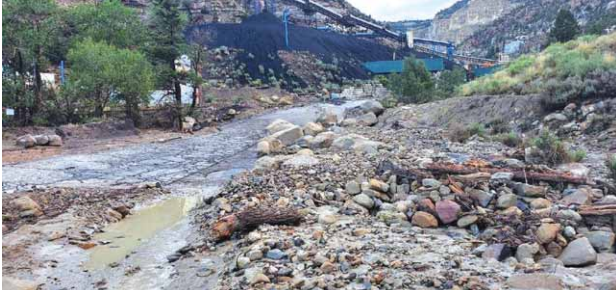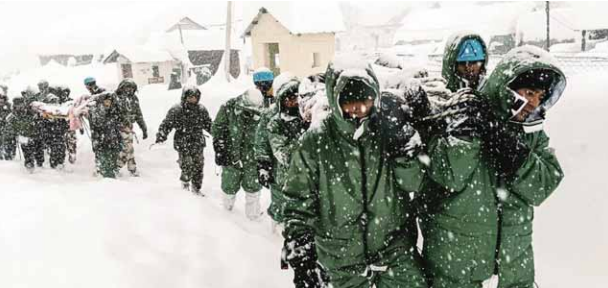In the wake of catastrophic flooding that devastated Kazakhstan this spring—an event described by President Kassym-Jomart Tokayev as the worst disaster in over 80 years—the nation is taking bold steps to bolster its flood resilience. Extreme rainfall, coupled with dam breaches and significant snowmelt from the Ural Mountains, wreaked havoc across nearly a third of the country. As floodwaters surged, over 120,000 people were forced to evacuate, with cities like Atyrau bearing the brunt of the deluge. In this context, a crucial partnership has emerged between Kazakhstan and the Netherlands, setting the stage for a revolutionary approach to flood risk management.
From August 26 to August 30, 2024, key stakeholders gathered in Astana for an essential training session aimed at enhancing Kazakhstan’s flood risk management (FRM) strategies. This pivotal initiative, spearheaded by the Dutch Disaster Risk Reduction and Surge Support (DRRS) team, underscores the commitment of both nations to address the pressing challenges posed by climate-induced disasters. Led by Associate Professor Fredrik Huthoff from the IHE Delft Institute for Water Education, the DRRS team has already played a critical role in Kazakhstan’s emergency response, employing innovative techniques to map water flows, provide technical expertise, and collaborate closely with Kazakh authorities on a comprehensive flood management plan.
The training session saw participation from a diverse array of stakeholders, including representatives from Kazakhstan’s Ministry of Emergency Situations, Ministry of Water Resources and Irrigation, and the Institute of Geography and Water Security. The collaborative environment fostered discussions on implementing cutting-edge FRM technologies designed to enhance Kazakhstan’s ability to predict, respond to, and adapt to flood hazards. Participants also explored the development of advanced models and tools aimed at improving flood resilience across the country.
Highlighting the significance of this collaboration, Dutch Ambassador Nicolaas Schermers remarked on the necessity of building upon agreements made earlier this year to strengthen water management and flood preparedness in Kazakhstan. This partnership is not merely about immediate response; it is a strategic investment in the future resilience of communities that have been disproportionately affected by climate-related disasters.
Moreover, the UNDRR Regional Office for Europe and Central Asia is actively collaborating with the DRRS to further enhance flood management efforts in Kazakhstan. The United Nations Office emphasized the importance of adopting a multi-stakeholder and multi-hazard approach to disaster risk reduction, recognizing that effective collaboration is key to overcoming the complexities of climate change and its associated risks. During the workshop, constructive dialogues with stakeholders unveiled numerous opportunities to enhance interagency cooperation, paving the way for a more cohesive and effective disaster management framework.
As Kazakhstan embarks on this transformative journey toward advanced flood risk management, the partnership with the Netherlands represents a beacon of hope for nations grappling with the relentless impacts of climate change. This proactive approach not only aims to mitigate the immediate risks of flooding but also seeks to establish long-term strategies that will fortify communities against the inevitable challenges posed by a changing climate. In a world where disasters are becoming increasingly common, the collaboration between Kazakhstan and the Netherlands serves as a powerful reminder of the importance of global solidarity and innovation in the face of adversity.
Source:
www.undrr.org






